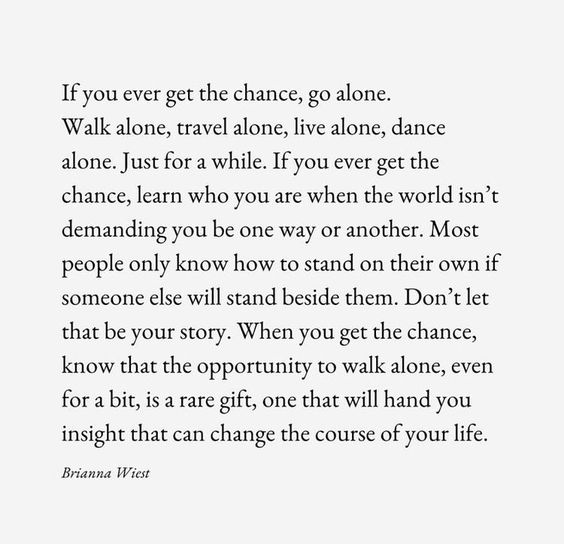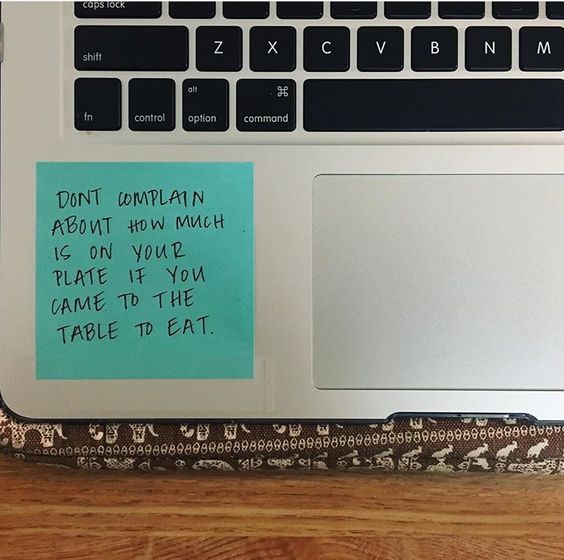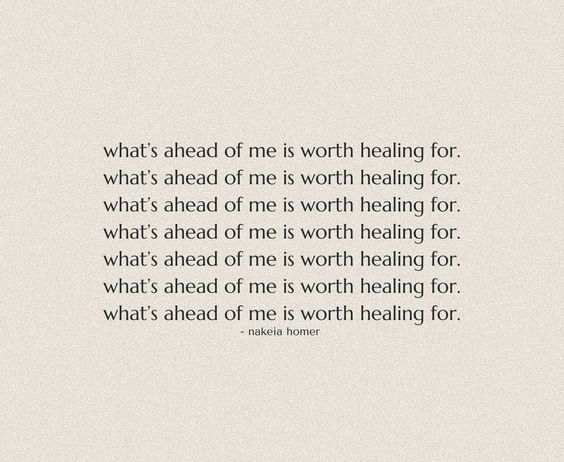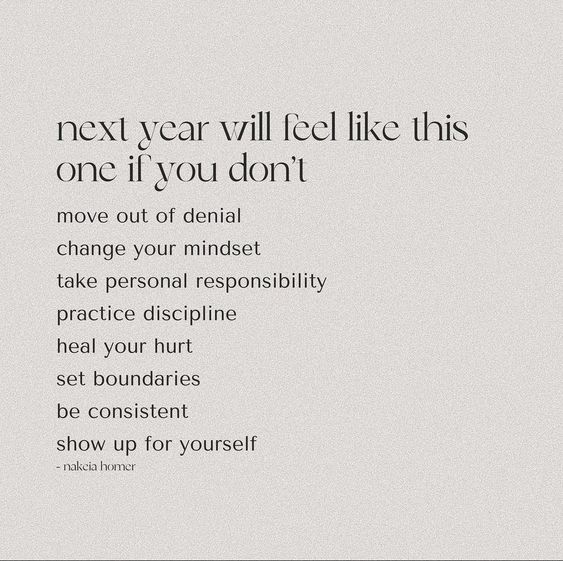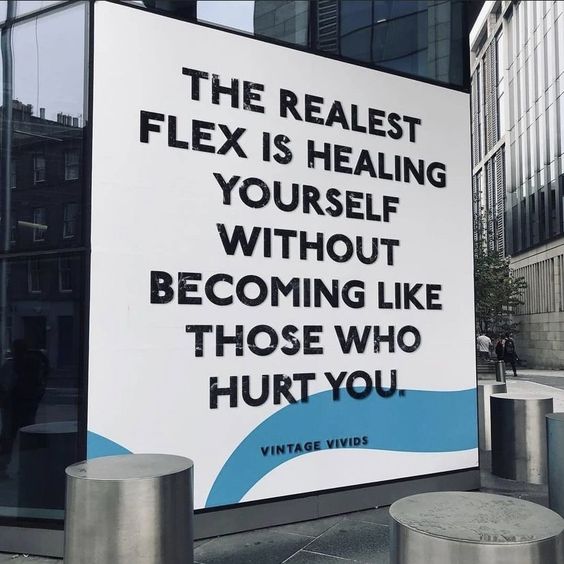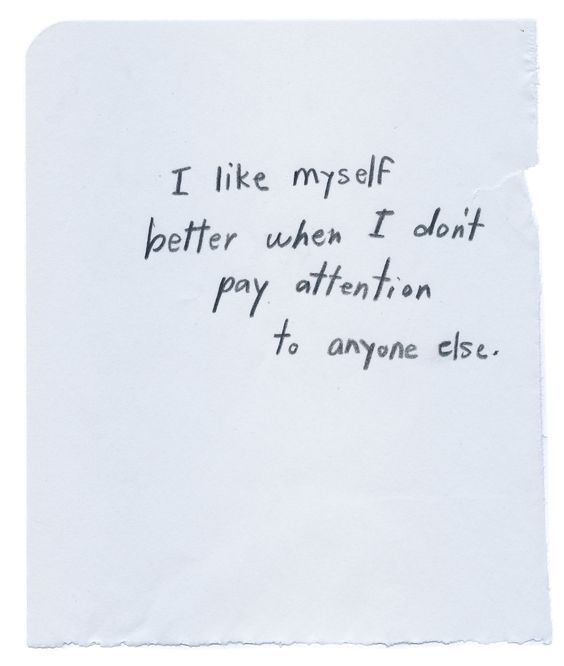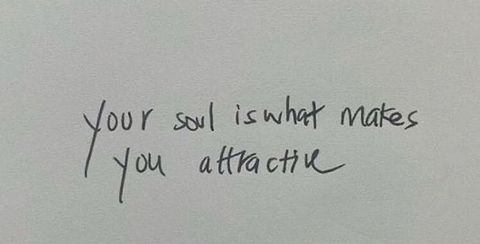Archives
“Our brains are sculpted by our early experiences. Maltreatment is a chisel that shapes a brain to contend with strife, but at the cost of deep, enduring wounds. Childhood abuse isn’t something you ‘get over.’ It is an evil that we must acknowledge and confront if we aim to do anything about the unchecked cycle of violence in this country.”
Martin Teicher, MD, PhD, via The Body Keeps The Score (Page 151)
“I gradually came to realize that the only thing that makes it possible to do the work of healing trauma is awe at the dedication to survival that enabled my patients to endure their abuse and then to endure the dark nights of the soul that inevitably occur on the road to recovery.”
Bessel van der Kolk, The Body Keeps The Score (Page 137) | ★ Featured on this book list.
“The real question we should ask ourselves is not ‘How big can we get?’ but instead ‘What kind of life do we want to live?’ The magic happens when we shift our focus from size to significance. We might discover that ‘enough’ is a lot less than we thought. Because we’re conditioned to believe that ‘more’ is synonymous with ‘better’. But often, it’s just synonymous with more stress, more time away from family, and more sacrifices.”
Justin Welsh
“I’m a firm believer in building our lives first – designing an existence that truly reflects who we are and what we value. And from there, growing businesses to fit that intentionally designed life. Not the other way around. Life shouldn’t revolve around scaling businesses. Businesses should revolve around enriching your life.”
Justin Welsh
“The ‘night sea journey’ is the journey into the parts of ourselves that are split off, disavowed, unknown, unwanted, cast out, and exiled to the various subterranean worlds of consciousness… The goal of this journey is to reunite us with ourselves. Such a homecoming can be surprisingly painful, even brutal. In order to undertake it, we must first agree to exile nothing.”
Stephen Cope, via The Body Keeps The Score (Page 125)
“I have always wondered how parents come to abuse their kids. After all, raising healthy offspring is at the very core of our human sense of purpose and meaning. What could drive parents to deliberately hurt or neglect their children? Watching [Karlen Lyons-Ruth’s] videos provided me with one answer: I could see the children becoming more and more inconsolable, sullen, or resistant to their misattuned mothers. At the same time, the mothers became increasingly frustrated, defeated, and helpless in their interactions. Once the mother comes to see the child not as her partner in an attuned relationship but as a frustrating, enraging, disconnected stranger, the stage is set for subsequent abuse.”
Bessel van der Kolk, The Body Keeps The Score (Page 123) | ★ Featured on this book list.
“As we grow up, we gradually learn to take care of ourselves, both physically and emotionally, but we get our first lessons in self-care from the way that we are cared for. Mastering the skill of self-regulation depends to a large degree on how harmonious our early interactions without caregivers are. Children whose parents are reliable sources of comfort and strength have a lifetime advantage—a kind of buffer against the worst that fate can hand them.”
Bessel van der Kolk, The Body Keeps The Score (Page 112) | ★ Featured on this book list.
“The roots of resilience… are to be found in the sense of being understood by and existing in the mind and heart of a loving, attuned, and self-possessed other.”
Diana Fosha, via The Body Keeps The Score (Page 108)
“The most natural way for human beings to calm themselves when they are upset is by clinging to another person. This means that patients who have been physically or sexually violated face a dilemma: They desperately crave touch while simultaneously being terrified of body contact. The mind needs to be reeducated to feel physical sensations, and the body needs to be helped to tolerate and enjoy the comforts of touch. Individuals who lack emotional awareness are able, with practice, to connect their physical sensations to psychological events. Then they can slowly reconnect with themselves.”
Bessel van der Kolk, The Body Keeps The Score (Page 103) | ★ Featured on this book list.
